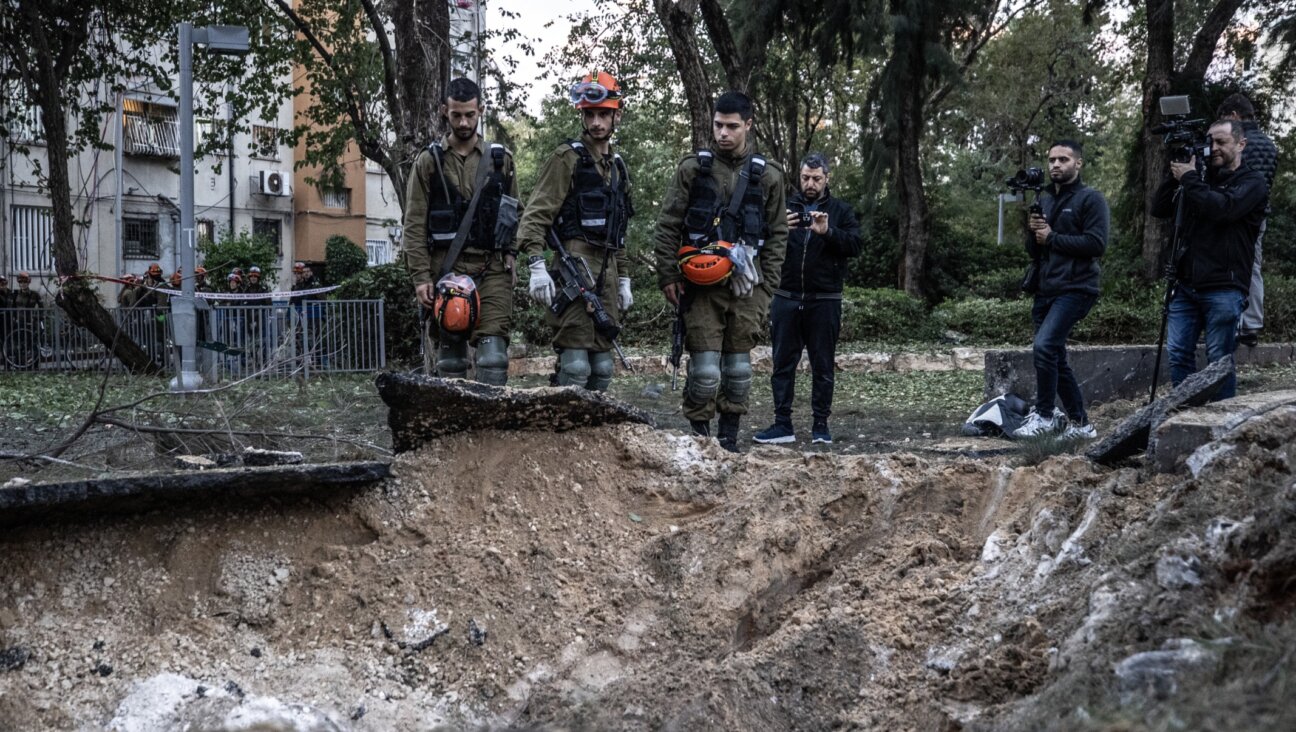Argentina Freezes Assets Of Suspected Hezbollah Fundraising Network

BUENOS AIRES, Argentina (JTA) — In a first, Argentina’s government targeted a Hezbollah fundraising network in the northern Triple Frontier with Brazil and Paraguay.
The Financial Information Unit of the Argentine Republic investigated possible criminal actions by Lebanese citizens living in Argentina that could be involved in money laundering and financing terrorist acts.
The unit investigated the Barakat Group, also known as the Barakat Clan, a criminal organization linked to Hezbollah, which operates in the area known as the “Triple border” made up of Argentina, Brazil and Paraguay, led by Assad Ahmad Barakat.
As a result, Argentina’s government issued an administrative order freezing the assets and money of the group’s members, allowed by an article of the national Criminal Code related to financing terrorism.
The Triple Frontier between Argentina, Brazil and Paraguay often is mentioned as a place linked to Hezbollah and the Barakat group, and has been investigated over the last two decades as a source of money for Hezbollah and for other groups’ activities related to terrorism.
This is the first time that one of the three governments has frozen assets and funds from a Hezbollah-linked organization based in the Triple Frontier.
The Financial Information Unit identified at least 14 people linked to the Barakat Clan who registered multiple crossings to Argentina. Once in Argentina, the members of the clan would make, in a casino in Iguazú, charges for supposed prizes that together would exceed $10 million, without declaring either the income nor the discharge of funds when crossing the border.
The “strong hypothesis” of the unit is that once out of the country the money is transferred to Hezbollah.
Alyssa Fisher is a news writer at the Forward. Email her at [email protected], or follow her on Twitter at @alyssalfisher
A message from our Publisher & CEO Rachel Fishman Feddersen

I hope you appreciated this article. Before you go, I’d like to ask you to please support the Forward’s award-winning, nonprofit journalism during this critical time.
We’ve set a goal to raise $325,000 by December 31. That’s an ambitious goal, but one that will give us the resources we need to invest in the high quality news, opinion, analysis and cultural coverage that isn’t available anywhere else.
If you feel inspired to make an impact, now is the time to give something back. Join us as a member at your most generous level.
— Rachel Fishman Feddersen, Publisher and CEO




















